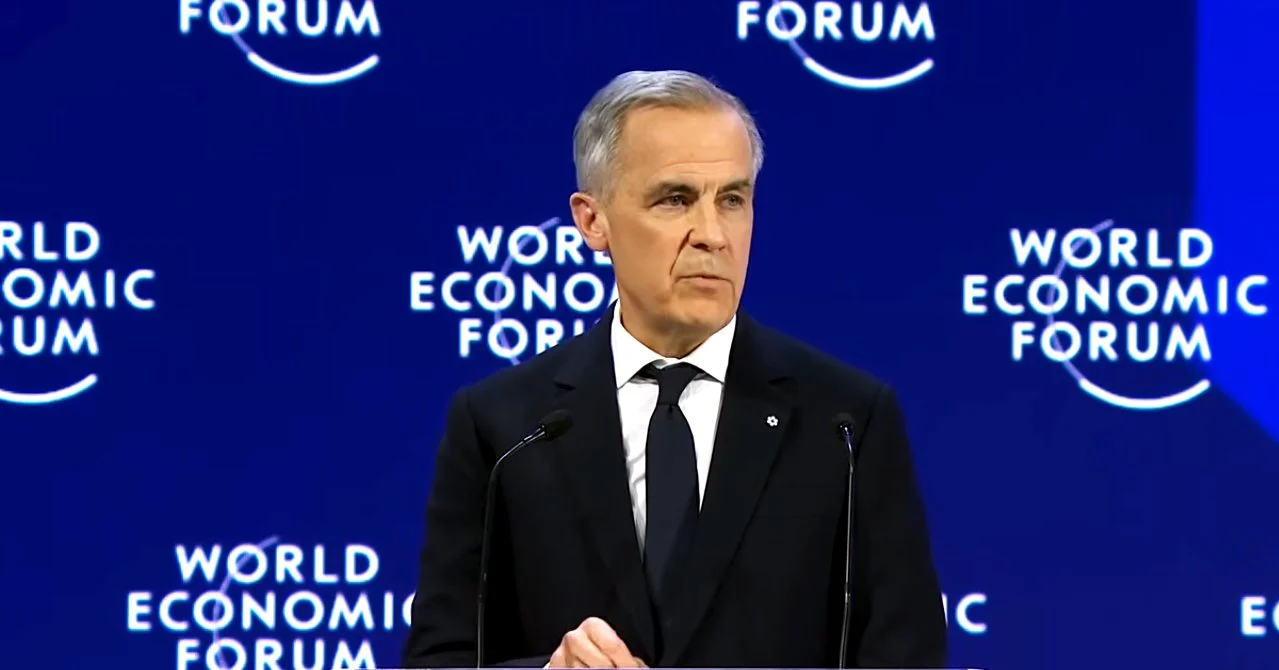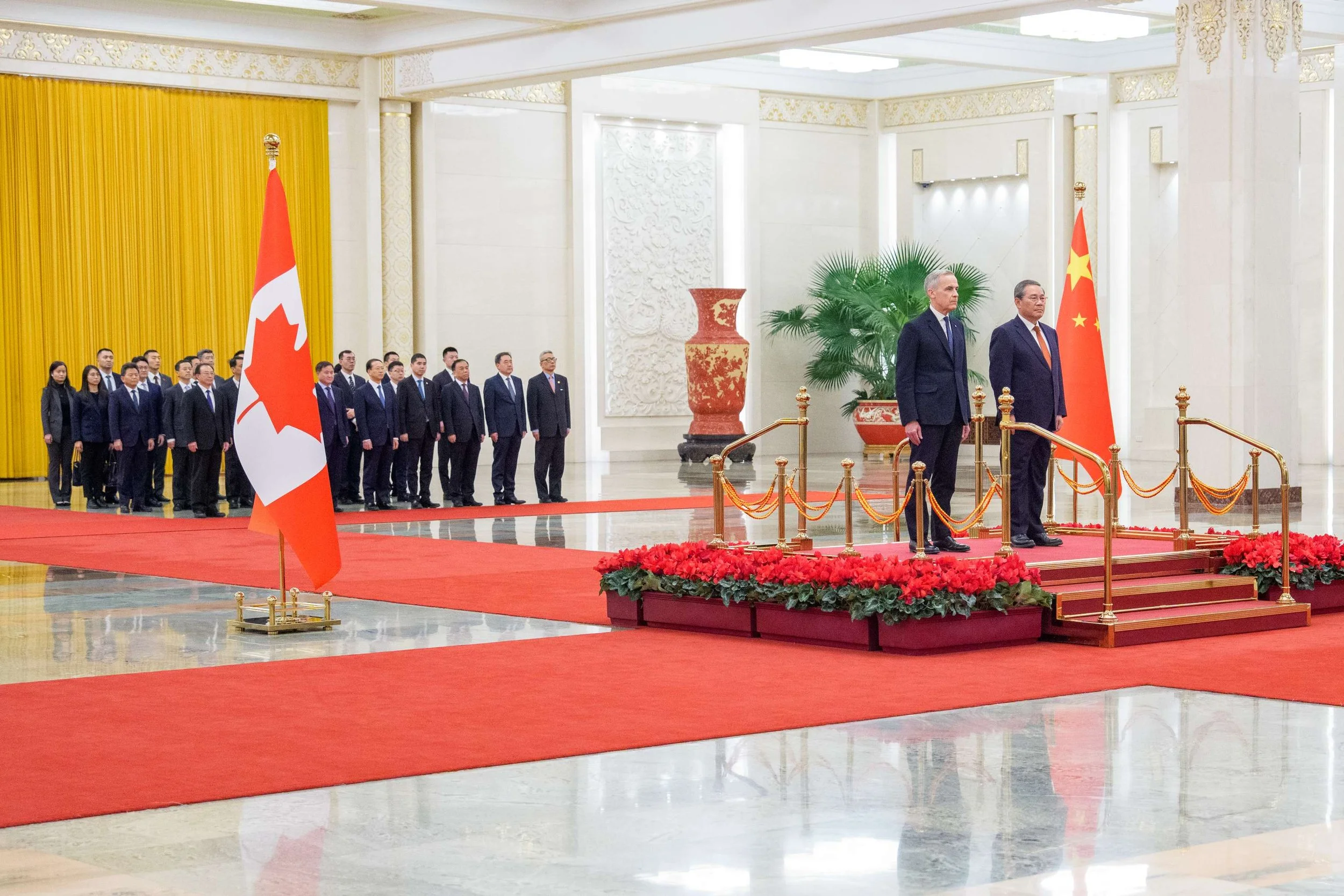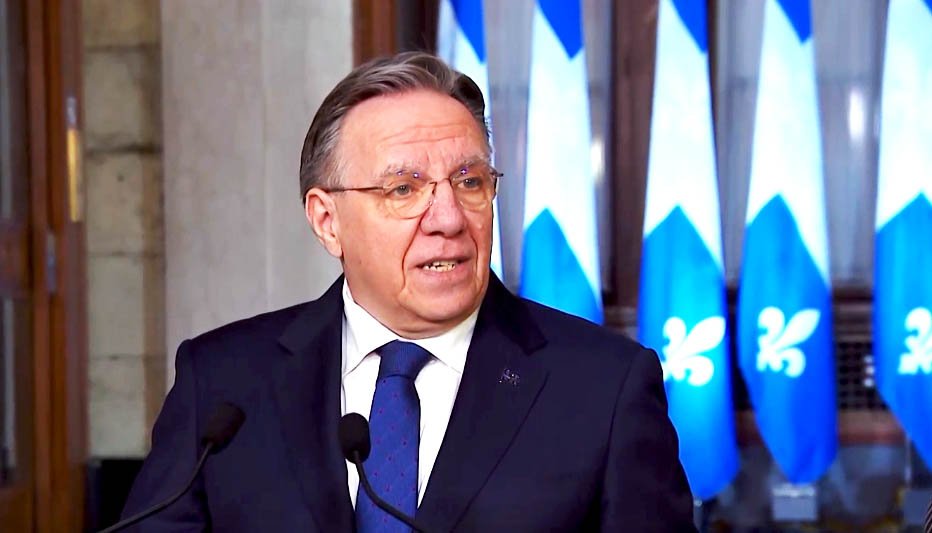For Poilievre annoying polite opinion is the point
With Poilievre what you see is what you get, writes Ken Polk. / FACEBOOK PHOTO
Nothing seems to make Opposition Leader Pierre Poilievre happier than when people whom he classifies as “elites” – corporate, social, or political – demand an apology from him for making comments considered to be outside the mainstream political norm. Case in point: the controversy over his suggestion that the RCMP kept Prime Minister Justin Trudeau out of jail by covering up his crimes.
The comments provoked the Liberals, NDP, and the Green Party to call for an apology. They incited Dimitri Soudas, one-time communications director to former Prime Minister Stephen Harper, to write a scathing article denouncing Poilievre as a threat to the party that Harper created. Senior campaign advisor to Ontario Premier Doug Ford, Kory Teneycke, was equally harsh, calling Poilievre's comments “absurd” as well as a “political misstep.”
With enemies like these, who need friends
Let's address these critiques one by one.
First, the pile-on from the NDP, Liberals, and Greens is catnip for Poilievre. In his view, it is the performative sanctimony of the “wokerati,” a staple of his critique of what he sees as Canada’s out-of-touch progressive elites.
Soudas committed the classic act of overreach by a former aide. He implied that this proximity to the former prime minister entitled him to speak with outsized moral authority on Poilievre’s leadership. That aside, there is no doubt that today’s Conservative Party is Poilievre’s, not Harper’s. The former prime minister himself understood this as well, issuing a statement through his current spokesperson, who stated that Soudas did not speak for him.
Then we have Teneycke. This is the second time he has publicly criticized Poilievre’s political tactics. His intervention in the April election sparked outrage among Poilievre’s caucus. Also, resist the temptation to point to anonymous comments by Conservative MPs and former MPs as evidence of brewing rebellion. Until current MPs come forward publicly there is no rebellion.
Poilievre as Trump
Teneycke’s election assault on Polievre and his election brain trust was primarily based on their failure to adjust to the dominance of Trump as the top election issue. This time, it was aimed directly at the fact that Poilievre echoed the style of U.S. President Donald Trump.
The argument that Poilievre is Canada’s Trump is not a new one. In truth, Poilievre frequently resorts to strident, Trumpian populist rhetoric that is anti-crime, anti-government and anti-woke, a stance that opponents tried to turn against him well before Trump was re-elected. Poilievre, also, a la Trump, relentlessly savaged Trudeau’s comprehensive economic incompetence on everything from the cost of living and interest rates, to housing, immigration and the deficit.
But this may not have hurt as much as some claim. Indeed, despite all of the sturm and drang about Trump, Poilievre very nearly pulled the last election out at the end with his relentless focus on the cost of living and crime. In this theory, it is remarkable that the Conservatives performed as well as they did, given that the deck was so suddenly stacked against them. This, in turn, is connected to Poilievre’s extraordinary message discipline and his hard-nosed, attack-dog Trumpian style.
In the “Trump World,” you don't apologize, you double down. That is why even though Poilievre saw fit to clarify his remarks to some extent, he did not back down from his allegation that the RCMP leadership had covered up for Trudeau.
Prior to this latest dust-up, Poilievre had already sharpened his Trumpian attack vectors. He has claimed that Temporary Foreign Workers (read immigrants) are taking jobs from unemployed Canadians. He has also been quick to charge that Carney is being very weak in the face of Trump, alleging that the Prime Minister has unilaterally disarmed in the tariff war. In contrast, Poilievre claims he alone has the moxie needed to face the President down. And the persistent lack of any real economic accomplishments to date for his government, despite promising a great deal, may make Carney as vulnerable over time to Poilievre as Trudeau was.
With Poilievre what you see is what you get
It is common in Western democratic politics to hear the claim that voters are looking for leaders who are authentic. It is said that voters are tired of politicians robotically repeating preprogrammed lines while, ultimately, doing nothing.
Over two decades as an MP and Cabinet Minister — a career that began when Trump was a mere reality show host — Poilievre's preferred style has been to strip the bark off his opponents. It is the public style that he feels most comfortable with; it is authentically who he is. More importantly, he clearly has struck a chord with legions of Canadians who feel ignored, talked down to and left behind by mainstream economic policies, sudden social changes, globalization and dizzying technological transformations. So it might not only be pointless, after all this time, to try to soften his image, it would also be phony. Voters can smell a phony a mile off.
Offended by Trump’s brashness and his penchant for humiliating opponents and transgressing political norms, legions of American pundits, and some disaffected Republicans, were left red-faced by his election in 2016 and his re-election in 2024. Many Canadian pundits, including some Conservatives, seem to be as offended by Poilievre as their American counterparts were about Trump. They forget that Trump is a proven winner and that Poilievre may not be too far off from being a winner himself.
So far, all Poilievre has proven is that he can lose an election. A large chunk of the electorate dislikes his style and associates him with Trump. Without some resurgence of the NDP at the expense of the Liberals, he may well lose again.
Call him warmed-over Trump. Call him a polarizing populist. Call him an offensive grievance merchant. Say what you will. But win or lose, offending polite opinion — disrupting mainstream complacency — is what Poilievre is all about. That will never change. For better or worse, he will lean into this, not back off. What he needs now is a refreshed economic agenda that he can harness his narrative to.






